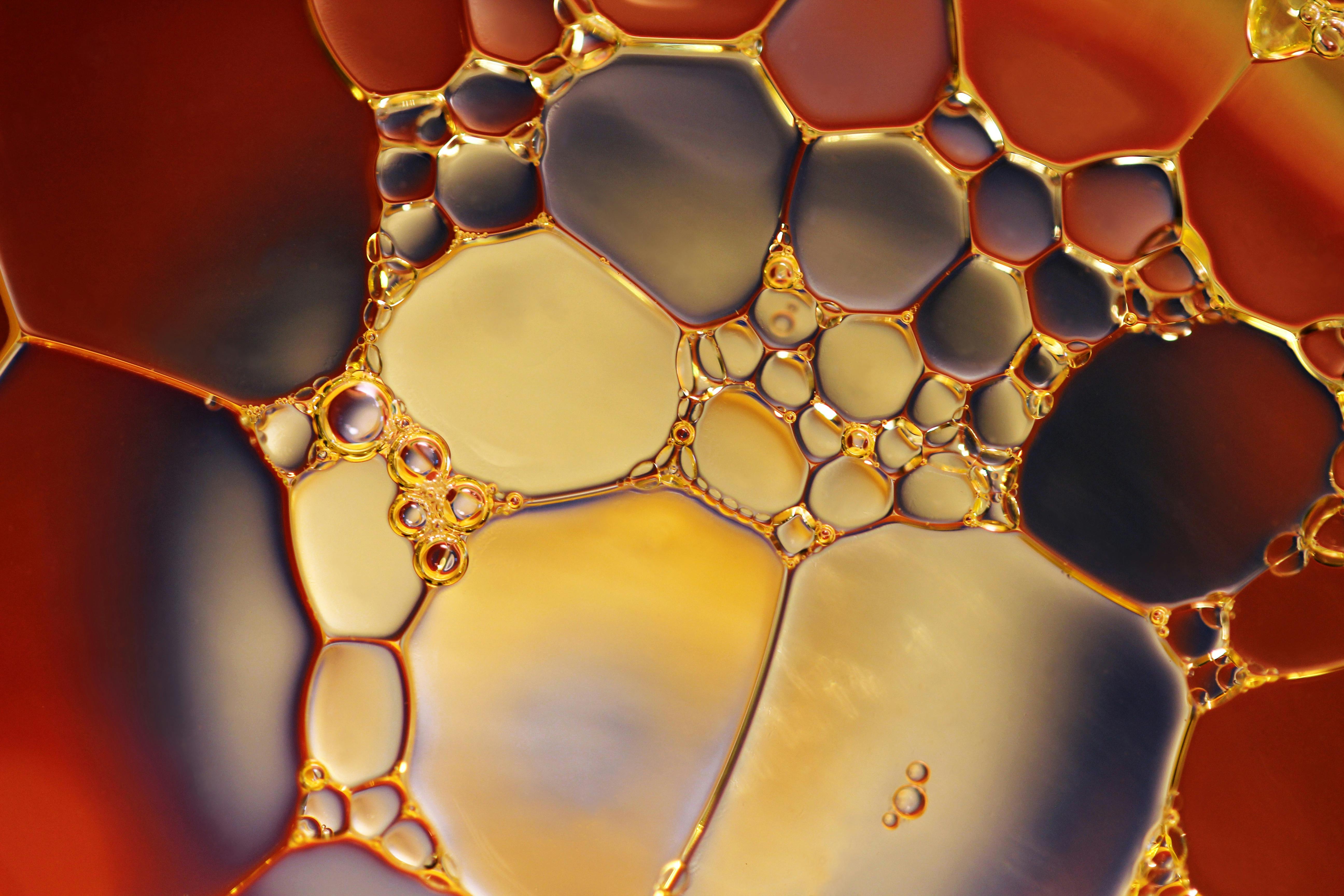Distillation in chemistry is a process used to purify liquids by separating them into their component parts, or fractions. It involves heating the liquid to its boiling point and then condensing and collecting the resulting vapor in a separate container. Distillation has been used for thousands of years to produce distilled spirits such as whiskey, vodka, and brandy. It is also an important step in many industrial processes, such as petrochemical refining, oil production, and wastewater treatment.Distillation in chemistry is a process of separating or purifying a liquid mixture by heating it to its boiling point, allowing the vapors to rise, and then cooling and condensing the vapors so that the component liquids can be collected. This method of separation is based on the different boiling points of different components in a liquid mixture.
Definition Of Distillation In Chemistry
Distillation in chemistry is a process of separating components of a liquid mixture by heating it to a boiling point and then condensing the vapor back into liquid form. This process is used to purify liquids, separate mixtures and create concentrated solutions. Distillation works by taking advantage of different boiling points for different compounds, which allows the components of the mixture to be separated out. The vaporized liquid is then collected into a container where it can be cooled and condensed back into its original state.
The process of distillation begins with heating up the mixture of liquids until it reaches its boiling point. As the temperature increases, some compounds in the mixture will start to evaporate faster than others due to their lower boiling points. The vaporized liquids are then condensed and collected into a separate container where they can be cooled back down into their original state. This process can be repeated multiple times to further purify and concentrate the liquids in the mixture.
Distillation has been used since ancient times for many different purposes such as creating perfumes, extracting essential oils from plants, making alcoholic beverages, and
History of Distillation in Chemistry
The history of distillation dates back to the earliest civilizations. The process of distillation has been used by humans for centuries to purify liquids, such as water, alcoholic beverages, and essential oils. It has also been used to extract compounds from plants and animals for use in medicinal preparations. Distillation was first documented around 4,000 B.C. in Mesopotamia by the Babylonians and Assyrians who used the process to produce perfume and alcoholic beverages.
The ancient Egyptians developed more sophisticated distilling technology, which they used for producing perfumes and medicines from plants. In the Middle Ages, alchemists developed improved stills for distilling alcohols and essential oils from plants. They also developed techniques for fractional distillation, which enabled them to separate complex mixtures into its component parts.
During the 17th century, Robert Boyle pioneered the field of chemistry with his experiments on the properties of matter and Boyle’s Law of gases. This led to further advances in distillation technology as chemists began to study the different boiling points of various compounds and their vapors. In
Fractional Distillation
Fractional distillation is a type of distillation in chemistry that separates a mixture by heating it to a certain temperature and condensing the vapor. It is one of the most widely used methods of chemical separation because it can be used to separate liquids with similar boiling points. Fractional distillation works by heating a mixture until its components vaporize. The vaporized components are then condensed into separate fractions that can be collected and analyzed. The process is often used in the production of oil, alcohol, and other industrial chemicals.
Steam Distillation
Steam distillation is another type of distillation used in chemistry to separate mixtures. It is usually used for plant materials containing essential oils, such as lavender or rosemary. In steam distillation, steam is passed over the plant material, which causes the essential oils to evaporate and be collected in a condenser. The condensed essential oils can then be separated from the water and collected for use in perfumes, medicines, and other products.
Vacuum Distillation
Advantages of Distillation in Chemistry
Distillation is an important process in chemistry which has several advantages. It is the process of separating a mixture of liquids with different boiling points into its individual components. This process is used in a variety of industries for purification, concentration, and recovery of products. The main advantages of distillation are that it can be used to separate mixtures with high purity, it can be used to obtain liquids with different boiling points, and it can be used to recover valuable materials from solutions.
One of the most important advantages of distillation is that it can be used to separate mixtures with high purity. By controlling the temperature and pressure, the components in a mixture can be separated from each other with very little contamination or loss. This makes distillation one of the most efficient methods for purifying substances such as organic compounds and enzymes.
Distillation also has the advantage that it can be used to obtain liquids with different boiling points. In order to separate components in a mixture, they must have different boiling points so that they do not evaporate together. By controlling

Advantages of Distillation in Chemistry
Distillation is a process used in chemistry to separate components of a liquid that have different boiling points. It is a versatile technique that can be used to purify a variety of substances, from crude oil to ethanol. The advantages of distillation include its efficiency, cost-effectiveness, and simplicity. The process is relatively inexpensive compared to other methods such as solvent extraction or chromatography, and it can be very effective at separating components that have large differences in boiling points. Additionally, distillation does not require complex equipment or specialized knowledge, making it an accessible option for many laboratories.
Disadvantages of Distillation in Chemistry
Despite the benefits of distillation, there are some drawbacks associated with the process as well. One of the main disadvantages is that it can only be used when there is a significant difference between the boiling points of two components, otherwise the separation will not be efficient. Additionally, some substances may become degraded or altered during distillation due to thermal decomposition or oxidation reactions occurring at high temperatures. This makes distillation an unsuitable option for
Applications Of Distillation In Chemistry
Distillation is one of the most widely used processes in chemistry and is an important part of many syntheses and purifications. It is an effective separation technique that involves the boiling and condensing of a liquid mixture to separate its components. This process can be used to isolate, purify, or concentrate liquids, as well as to remove volatile components from a liquid mixture.
One common application of distillation is the purification of solvents. This process involves distilling a solvent multiple times until it reaches a desired purity level. This allows for the solvents to be used in laboratory experiments without introducing contaminants that may interfere with the results.
Distillation can also be used to create mixtures with specific compositions or volatility ranges. By boiling off and condensing different fractions at different temperatures, it is possible to create complex mixtures with exact proportions of components that are difficult or impossible to achieve by other methods.
Another application of distillation is the production of essential oils and aromatic compounds such as perfumes. These products are created by carefully separating volatile compounds from plant materials using distillation processes. The resulting oils are then blended together
Distillation Equipment Used For Chemistry
Distillation is an important process in chemistry, used to purify compounds and separate mixtures. The process involves the separation of a liquid mixture into its individual components by heating and condensing the vapor produced. Distillation requires specialized equipment to ensure the process is carried out correctly. Common types of distillation equipment used in chemistry include distillation flasks, condensers, thermometers, and receivers.
Distillation flasks are typically made from glass and come in various shapes and sizes depending on the application. The flask is where the mixture to be distilled is placed, and it is heated using a Bunsen burner or other heat source. Often, several flasks will be used in one setup to allow for multiple different distillations.
Condensers are also essential pieces of equipment for distillation as they cool the vaporized liquid so that it can be collected as a liquid again. Condensers come in many shapes and sizes depending on their application, but all have an inner tube with cooling water running through it and an outer jacket to contain the vaporized liquid.
Thermometers are used to measure the temperature of

Conclusion
Distillation is one of the most important separation techniques in chemistry, allowing for the separation and purification of a liquid mixture. It is a process which involves boiling the mixture to separate out components with different boiling points. Distillation can be used to separate liquids from solid materials or to separate liquids with close boiling points. It can also be used to purify liquids and remove contaminants. Distillation is a valuable tool in the laboratory and an essential part of many industrial processes, from alcohol production to petroleum refining.
Overall, distillation can be an incredibly useful tool for chemists as it allows for mixtures to be separated and purified. With its wide range of applications, it is no wonder that distillation has been used for centuries and will continue to be a mainstay in both the laboratory and industry.

